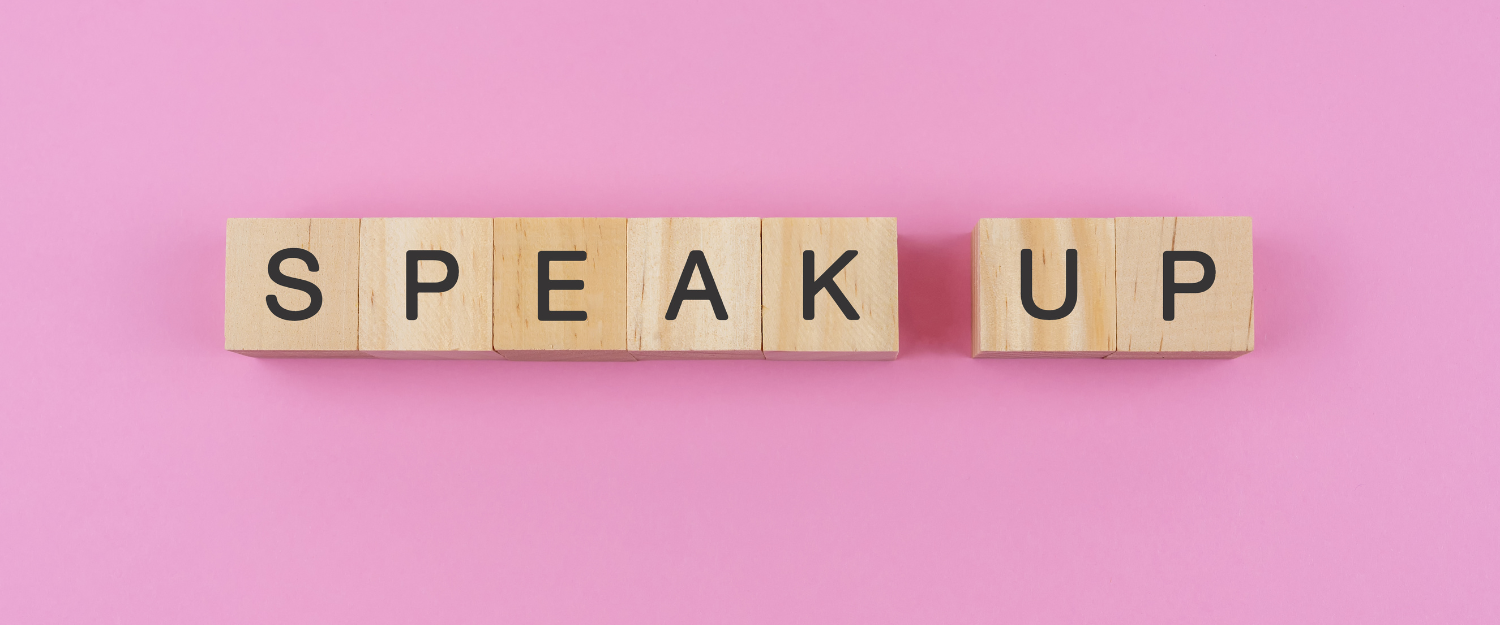BY BEN SALES JUNE 10, 2024 – Since Oct. 7, more than 40% of American Jews have felt unsafe wearing Jewish symbols in public and more than a quarter have chosen not to mention their Jewish identity when they meet someone new, according to a new survey.
The survey, commissioned by the American Jewish Committee and published Monday, reports many of the same findings as previous surveys of American Jews since the outbreak of the Israel-Hamas war eight months ago: More than 80% of Jews feel antisemitism is a problem in the United States and say it has grown. More than 80% also feel it’s important for the United States to support Israel. More than 60% plan to vote for President Joe Biden.
The survey also demonstrates American Jewish discomfort in social settings since Oct. 7. Many American Jews avoid talking or posting about the war. Some say they have ended friendships.
And in a finding that AJC highlighted, 7% say that they have considered leaving the country due to antisemitism. Among those who say they had more education about Israel, AJC reported, that number is higher. In a separate question, 6% of respondents said they had had thoughts of leaving because of antisemitism over the five years prior to Oct. 7.
“Seven percent looks like a small number, but in fact, for Jews who have looked to America as a haven of safety and prosperity, this number is actually quite striking,” said Alexandra Herzog, AJC’s deputy director of contemporary Jewish life, in a press briefing about the survey.
The survey polled 1,001 Jewish adults between mid-March and early April, before many of the most recent major developments of the war and the response to it in the United States, including the campus pro-Palestinian encampment movement, the Israeli military’s invasion of Rafah in southern Gaza or the Israeli ceasefire proposal recently announced by Biden.
A portion of respondents reported serious social breaches. Thirteen percent of people said they lost a friend or a relationship due to disagreements over the war. And 12% say they have ended a friendship or a relationship after the other person “expressed antisemitic views.” Seventeen percent said they have felt unsafe in a conversation about the war.
A majority, 53%, said they had avoided talking about the war with someone. And 45% feel unsafe sharing their views about Israel on social media.
The survey found that since Oct. 7, 45% of respondents felt somewhat or much more connected to Israel, while 19% feel somewhat or much less connected. Likewise, 48% said they feel more connected to their Jewish identity while just 4% say they feel less connected. The remainder in each question say there hasn’t been a significant change.
Respondents aged 18-29 were more evenly divided. In that age cohort, 32% said they felt more connected to Israel since Oct. 7 and around the same number, 33%, said they feel less connected. And 39% of the 18-29 group feel more connected to their Jewish identity while 11% feel less connected.
Overall, 72% of the survey’s respondents said being Jewish was important in their lives and 28% said it was not. The vast majority of those who said they felt more connected to Israel, 85%, also said being Jewish was important in their lives. Among those who said they felt less connected to Israel, 60% said being Jewish was important in their lives and 40% did not.
Respondents were split over publicly airing their Jewish identity or feelings about Israel. While 39% said they feel safe wearing Jewish symbols in public, 42% feel unsafe.
That figure reflects a shift compared to an AJC survey taken between October and November, largely following Hamas’ Oct. 7 attack, in which only 26% reported that they “avoided publicly wearing, carrying, or displaying things that might help people identify you as a Jew out of fear of antisemitism” over the previous year.
In addition, Monday’s survey found that 27% of respondents felt unsafe spending time in a Jewish institution such as a synagogue or JCC.
The survey also showed that Jewish Americans are more supportive of Biden than the national average. In the 2024 election, 61% plan to vote for Biden and 23% plan to vote for Donald Trump. Those numbers were similar to the way respondents said they voted in 2020, when 64% said they voted for Biden and 21% for Trump.
Ninety percent of those who voted for Biden in 2020 plan to vote for him again in 2024. For Trump, that figure was a touch lower, at 85%.
Ten percent said they planned to vote for “someone else” in this year’s presidential election. Third-party candidates were not listed in the AJC survey, but that tracks with national polls that show Robert F. Kennedy Jr. polling at around 9%.
In addition, 49% of respondents said Biden would be better at handling U.S.-Israel relations, to 25% for Trump. And 55% said Biden would be better at combating antisemitism versus 20% who preferred Trump on that issue. Respondents approved of the job Biden is doing 56%-40%, a sharp contrast to national polls showing him with an approval rating in the 30s. And respondents were split on how Biden is handling the Israel-Hamas war, with 48% approving and 43% disapproving.




